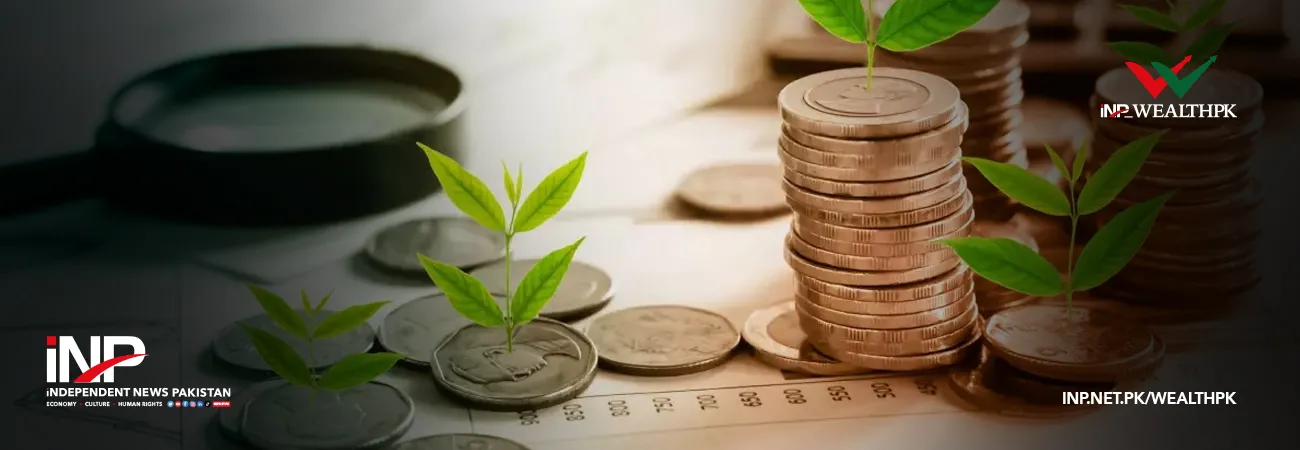INP-WealthPk
Qudsia Bano
In a recent session of the World Economic Forum (WEF), Federal Minister for Finance and Revenue Senator Muhammad Aurangzeb underscored the urgent need for Pakistan to implement a comprehensive framework for a green tax economy. This initiative, aimed at fostering sustainable business practices, has garnered significant attention from industry experts, who believe it is crucial for the country's economic and environmental future. Experts from various sectors have weighed in on this proposal, offering both support and insights on how to best implement such a framework. They argue a green tax economy could play a pivotal role in reducing carbon emissions, encouraging energy efficiency, and fostering green innovation. By taxing activities that harm the environment and providing incentives for sustainable practices, Pakistan could align itself with the global sustainability trends and improve its international standing. Talking to WealthPK, Dr Fatima, an environmental economist at the Punjab Public Private Partnership Authority, explained, "Adopting a green tax framework is a forward-thinking move that can drive a significant positive change. It will not only help mitigate the environmental damage but also stimulate green investments and create new job opportunities in sustainable industries.
However, the transition must be managed carefully to avoid placing undue burden on businesses, especially small and medium enterprises." Industry leaders also stressed the importance of a phased approach to implementing the green tax economy framework. Syeda Zara, Tax Consultant at the Habib Bank Limited (HBL) suggested starting with the sectors that have the highest environmental impact and gradually expanding to include others. This approach would ensure time for businesses to adapt to the new regulations and invest in necessary technologies and processes. Furthermore, she recommended comprehensive stakeholder consultations to ensure that the framework addresses the concerns and needs of all affected parties. Collaboration between the government, private sector, and civil society is seen as vital to the successful adoption and implementation of green taxes. Zara said the potential for international financing was another significant aspect of the proposed green tax economy. By demonstrating a commitment to sustainable development, Pakistan could unlock new funding opportunities from the international organizations and green finance initiatives. This will not only support the country's environmental goals but also provide the much-needed boost to its economic development, she added.
Credit: INP-WealthPk













